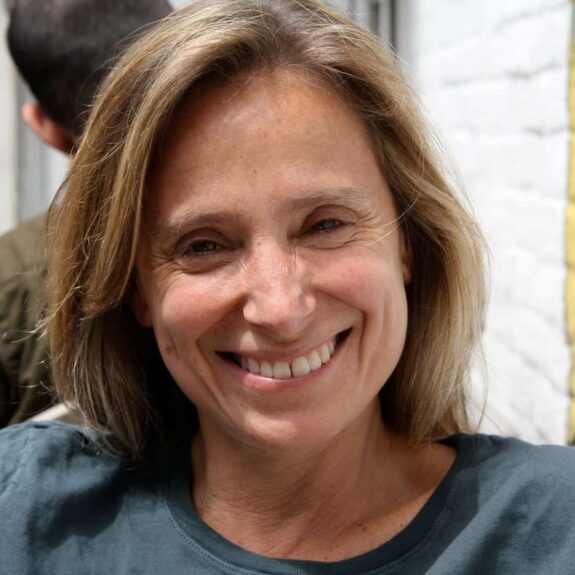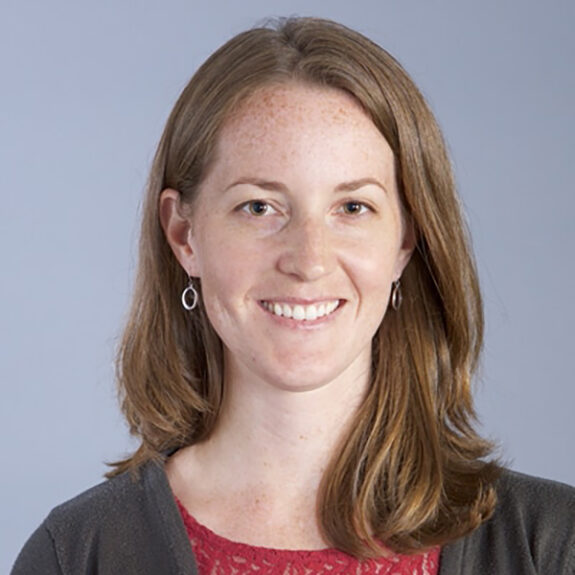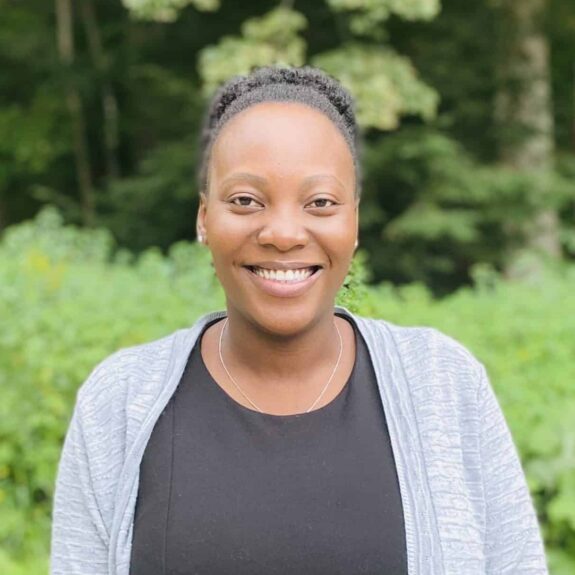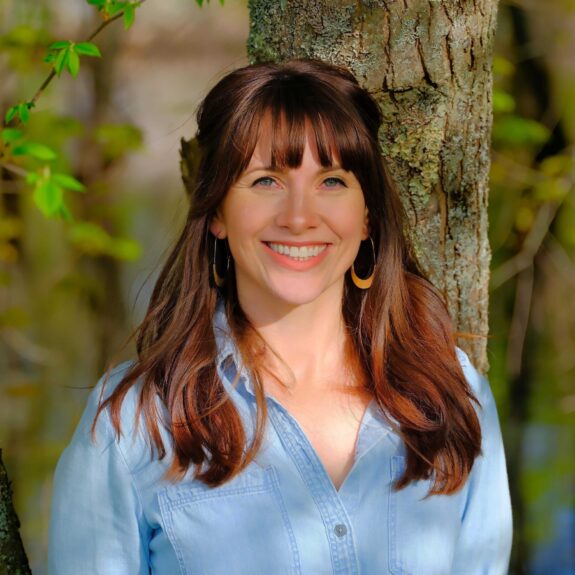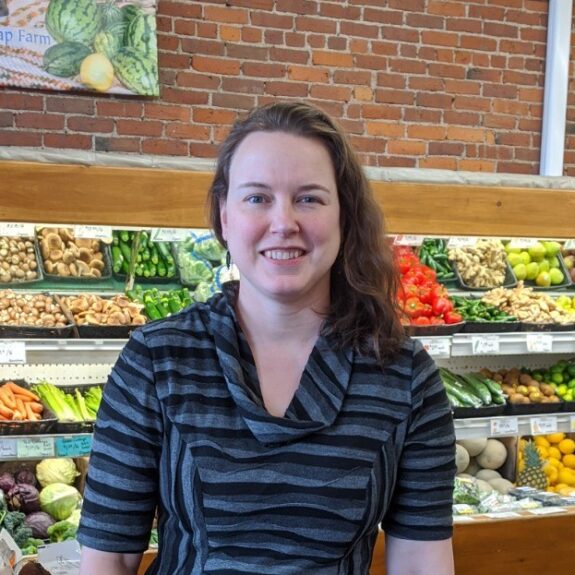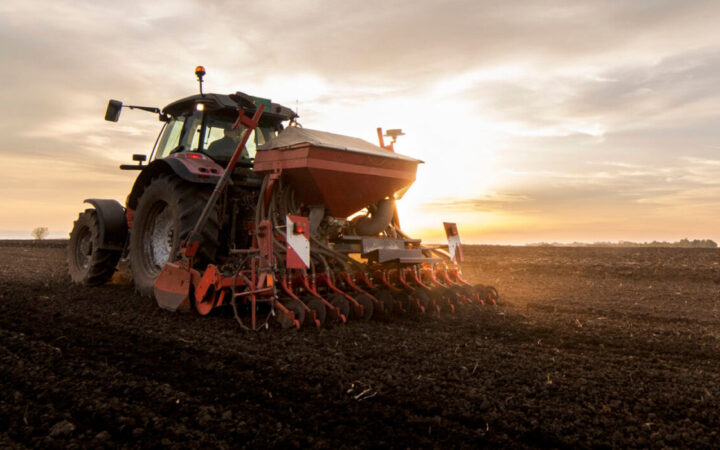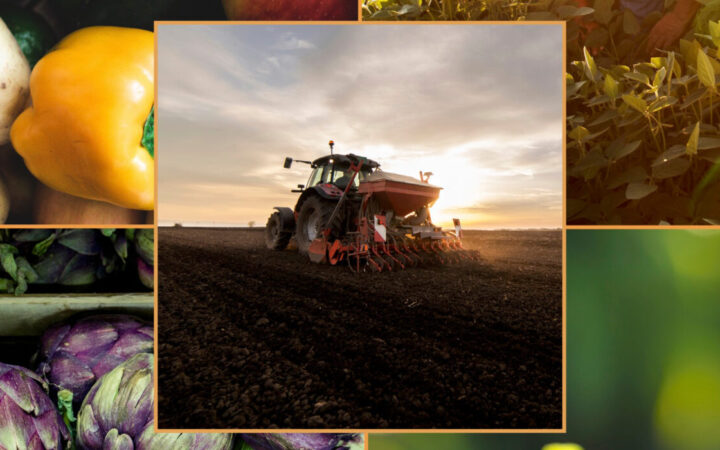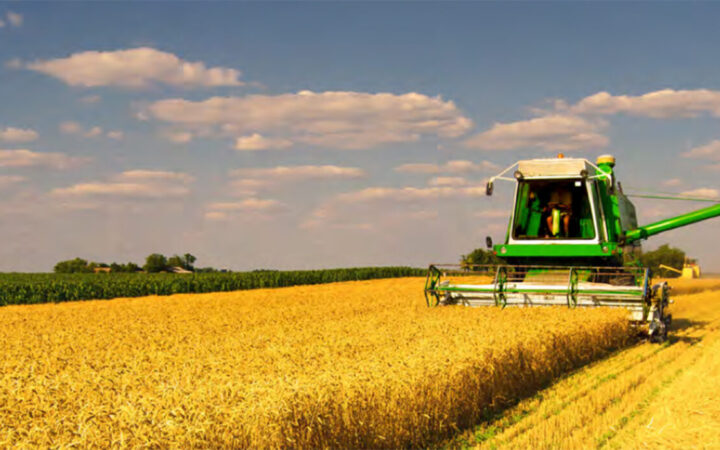The next farm bill should accelerate progress by addressing the barriers impeding a more diverse and robust rural economy. This report outlines Goals and Recommendations, including specific Legislative and Administrative Opportunities for change, tailored to advancing these objectives in the 2023 Farm Bill.
Executive Summary
The farm bill is a wide-ranging, omnibus legislative endeavor that Congress undertakes every five years. It is the primary vehicle for changing federal food and agriculture policy and addresses issues including agricultural support programs, conservation, nutrition, and much more. Each new farm bill presents a unique occasion to promote a healthy agricultural sector and offer support to producers, particularly small and mid-sized farms.
Small and mid-sized farms undergird a robust and sustainable agricultural economy and contribute significantly to the economic vitality of rural communities. However, the number of these farms has declined over the past few decades, and the principal operators of smaller farms can rarely earn a living from farming alone. Structural changes in U.S. agriculture have shifted the benefits of farm bill programs toward fewer, larger operations. The consolidation of agricultural production, wealth, land, and federal support has handicapped smaller farms.
In response to these trends, recent farm bills have made modest investments to enhance the viability of small and mid-sized farms. Now, more drastic changes are required. The next farm bill should accelerate progress by addressing the barriers impeding a more diverse and robust rural economy. This Report outlines Goals and Recommendations, including specific Legislative and Administrative Opportunities for change, tailored to advancing these objectives in the 2023 Farm Bill.
Find the complete set of reports from the Farm Bill Legal Enterprise at farmbilllaw.org.
Acknowledgements
This report was produced by the Farm Bill Law Enterprise. The following students and summer interns, listed in alphabetical order by institution, co-authored substantial portions of the report: Eben Blake, Henry Cordova, Jenny Glazier, Ethan Harper, Holly Russo, Scott Sanderson, and Stefane Victor, Harvard Law School Food Law and Policy Clinic; and Jacqueline Cuellar, Vermont Law School Center for Agriculture and Food Systems. Additionally, the following FBLE-affiliated individuals supported the production of this report through their ideas, research, review, and/or feedback: Jonathan Brown, Ava Cilia, Merve Ciplak, Libby Dimenstein, Josh Galperin, Stephanie Kelemen, Daniel Kim, Lee Miller, and Margot Pollans.
We thank the following people for reviewing this report and providing feedback. The reviewers do not necessarily concur with the report’s recommendations. Cris Coffin (National Agricultural Land Network Director and Senior Policy Advisor, American Farmland Trust), Jonathan Coppess (Assistant Professor and Director, Gardner Agricultural Policy Program, University of Illinois Urbana – Champaign), Eric Deeble (Policy Director, National Sustainable Agriculture Coalition), Austin Frerick (Deputy Director, Thurman Arnold Project at Yale University), Billy Hackett (Policy Specialist, National Sustainable Agriculture Coalition), Ferd Hoefner (Principal, Farm, Food, Environment Policy Consulting), Aaron John (Program Manager, Challenging Corporate Power, Rural Advancement Foundation International (RAFI – USA)), Tim Fink (Policy Director, American Farmland Trust), Claire Kelloway (Food Program Manager at Open Markets Institute), Wes King (Senior Policy Specialist, National Sustainable Agriculture Coalition), Emily Liss (Federal Policy Associate, American Farmland Trust), and Jeff Schahczenski (Agricultural and Natural Resource Economist, National Center for Appropriate Technology).
We also extend thanks to the following for their contributions to previous FBLE reports: Abraham Williamson, Alexandra Oakley Schluntz, Alexandra Smith, Alyssa Chan, Amy Chyao, Andrew Norkiewicz, Annika Nielsen, Carrie Scrufari, Christine Kwon, Claire Horan, Danielle Haley, David Solimeno, Drake Carden, Emily Kenyon, Goliath Davis, Gregory Muren, Irène Grialou, Jack Zietman, Jennifer Benson, Jonathan Kim, Joshua Komarovsky, Julia Nitsche, Kaitlin Beach, Laurie Ristino, Liz Hanson, Madeleine Daepp, Mary Stottele, Michelle Nowlin, Nathan A. Rosenberg, Nathaniel Leamy, Nathaniel Levy, Paavani Garg, Renner Walker, Sara Dewey, Sarah Munger, Shaun Goho, Stevenson Smith, William Liang, and Zach Lankford.
Report layout and design: Najeema Holas-Huggins
Finally, we are grateful for the financial support of the GRACE Communications Foundation and Charles M. Haar Food and Health Law and Policy Fund.
Suggested Citation
Esther Akwii et al., Farm Bill Law Enterprise, Farm Viability (July 1, 2022), https://www.farmbilllaw.org/wp-content/uploads/2022/07/Farm-Viability-Report.pdf.

